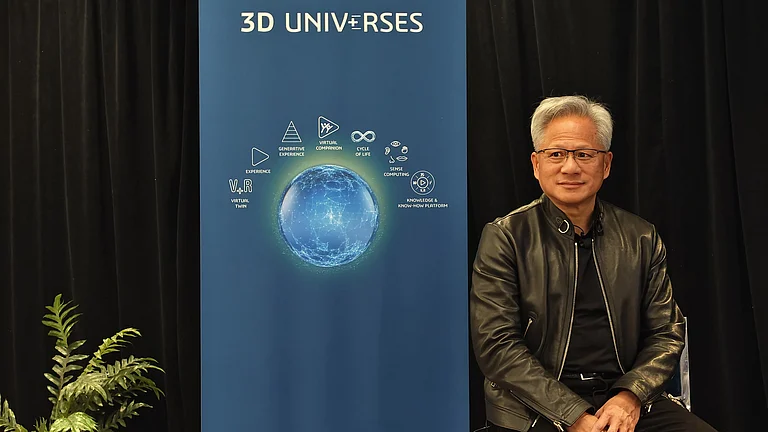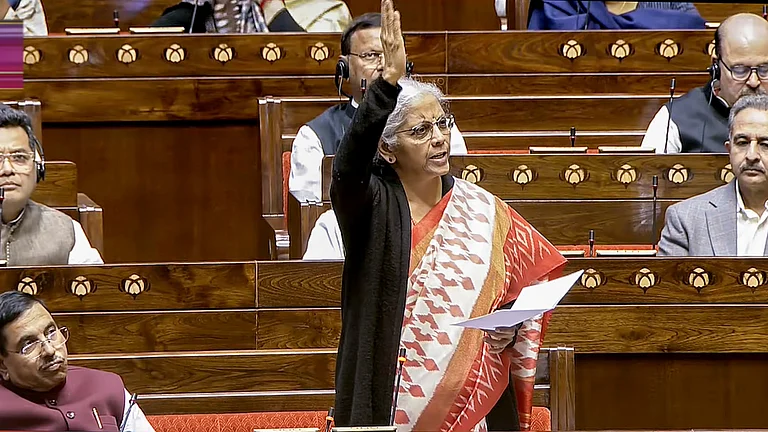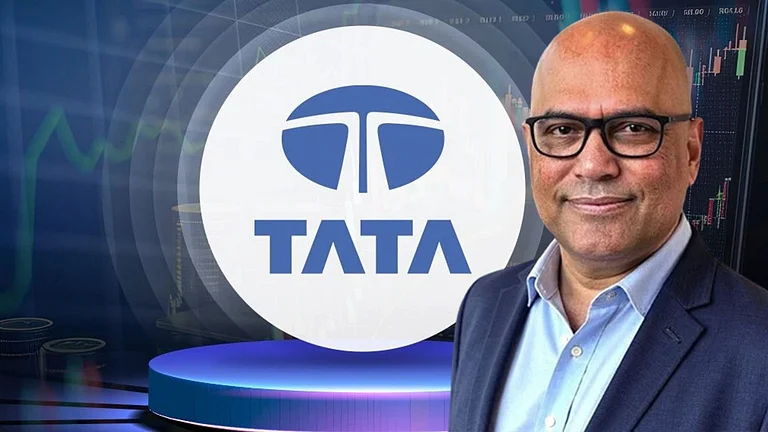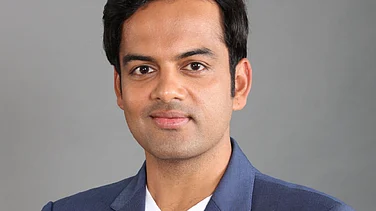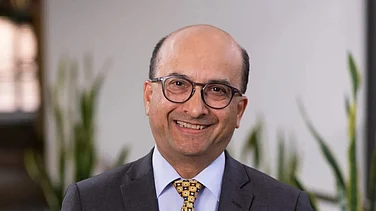
Former Zensar CEO Ganesh Natarajan said the Indian IT industry is unlikely to see double-digit growth in near term.
India’s tech sector grew 5.1% in FY25, compared with global growth of 10.8%, according to NASSCOM.
Natarajan expects IT services to grow at 8–12% CAGR over the next few years.
Amid global trade uncertainty and the disinflationary impact of artificial intelligence (AI), Ganesh Natarajan, former CEO of Zensar Technologies and a veteran of the IT industry, believes the sector will not see double-digit growth “in the foreseeable future.” According to industry body NASSCOM, India’s tech sector grew by 5.1% in FY25, compared with global growth of 10.8%.
“I would expect the IT services sector to grow at around 8–12% CAGR over the next two to three years. Beyond that, I don’t see it returning to 20% growth levels, if we focus only on organic growth, excluding acquisitions. There’s still potential to improve profitability through greater use of technology by service providers themselves. However, maintaining growth above 10% for medium to large firms will be difficult,” Natarajan told Outlook Business in an interview.
He explained his views based on two key factors. First, the global economy is facing several headwinds, including tariff pressures and a general decline in optimism, even as Indian stock markets appear buoyant. Second, artificial intelligence is fundamentally changing the landscape.
“AI is expected to replace many traditional IT roles, from call centre and programming jobs to testing and design work. As AI adoption accelerates, both within IT companies and among their clients, the need for outsourcing and external services will reduce. As a result, industry-wide growth may remain below 10% for the next few years, though some niche or innovative firms could outperform,” Natarajan said.
He added that companies integrating data engineering with AI or new technology models may still achieve faster growth, but traditional service models are likely to stabilise at lower levels.
Impact of AI on the IT Sector
Natarajan, who is currently Chairman of automation and software solutions provider Honeywell Automation India, explained how AI has transformed project delivery. He is also the Executive Chairman and Co-Founder of 5F World, GTT Data Solutions Ltd. and Lighthouse Communities Foundation.
“Only yesterday I was discussing with our AI consultants , there’s a healthcare company that wants to completely transform geriatric healthcare and build an elder care platform through AI. In the old days, without AI, it could have taken six to eight months and around 14–15 people working on it. These AI specialists said, ‘We can do it in two and a half months with just two senior people, two junior people, and extensive AI deployment,’” he said.
From an industry perspective, this means clients will receive solutions that are faster, more accurate, and highly automated. “However, service providers will take a beating from that point,” Natarajan added.
How Companies Are Adapting
Amid these challenges and the expected impact of AI on growth, many IT firms are pursuing new growth avenues. Tata Consultancy Services (TCS) recently announced its entry into the data centre business with a $6.5-billion investment in its new subsidiary, Hypervault.
Earlier this year, Capgemini announced a $3.3-billion cash deal to acquire WNS Holdings, an India-origin business process outsourcing firm. Accenture acquired India-based deep-tech education company TalentSprint in April to strengthen its learning and AI talent ecosystem.
Wipro completed the $375-million purchase of Harman’s DTS business to expand its engineering and digital product offerings, while Hexaware Technologies bought US-based GCC solutions provider SMC Squared for about $120 million, boosting its global delivery and enterprise capability centre operations.
Natarajan said these deals represent an effort to move up the value chain by adding products and services that clients demand.
On TCS’s data centre venture, he noted, “The move will help them keep their clients close, in the sense that if a client wants to use an LLM or a data centre service, that becomes part of their service portfolio.”
“In the early days, even when I was running Zensar, we moved from being purely an Oracle shop to offering almost everything the client wanted. We were doing accounts payable implementation and even the actual work in terms of Knowledge Process Outsourcing (KPO). So we all migrate to, as I say, follow the customer,” he added.
Natarajan believes companies are striving to become total solutions providers. “Whether it’s service through data, service through generative or agentic AI, or building a new solution around it, IT firms want to tell clients, ‘we are capable of doing that.’”










